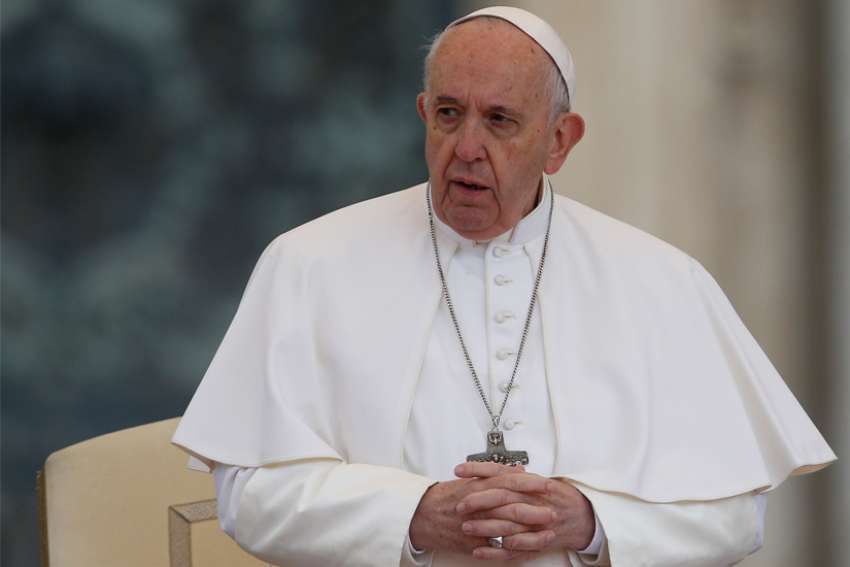Arnold, 63, is the Linus Pauling professor of chemical engineering, biochemistry and bioengineering at the California Institute of Technology and director of its bioengineering center. Her appointment to the papal think tank was announced by the Vatican Oct. 24.
Born in Pittsburgh, Arnold was the co-recipient of the 2018 Nobel Prize in Chemistry for pioneering use of the directed evolution of enzymes.
The results of her work include more environmentally friendly methods for manufacturing chemical substances, such as pharmaceuticals, and the production of renewable fuels, according to www.nobelprize.org.
She received a degree in mechanical and aerospace engineering at Princeton University and then earned her doctorate in chemical engineering from the University of California, Berkeley.
She has been teaching at Caltech since 1986.
Arnold co-invented numerous patents and founded two companies: Gevo, in 2005, which uses yeast to make an organic compound that can be used instead of ethanol in making renewable fuels; and Provivi, in 2013, which alters insect pheromones with the aim of rendering crop-harming pests unable to mate.
Arnold has been elected to all three National Academies in the United States: the National Academy of Sciences, the National Academy of Engineering, and the Institute of Medicine. She is a fellow of the American Association for the Advancement of Science, the American Academy of Arts and Sciences, the American Academy of Microbiology, the American Institute for Medical and Biological Engineering and an International Fellow of the Royal Academy of Engineering in the United Kingdom.
She became the first woman to win the Millennium Technology Prize in 2016 for her work pioneering directed evolution.
Members of the pontifical academy participate in study groups and meetings, examining specific issues and publishing deliberations and scientific papers. The academy was established in 1936 by Pope Pius XI.

